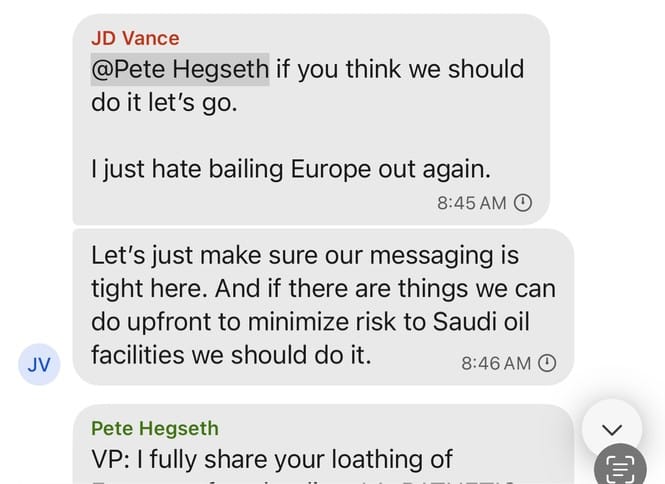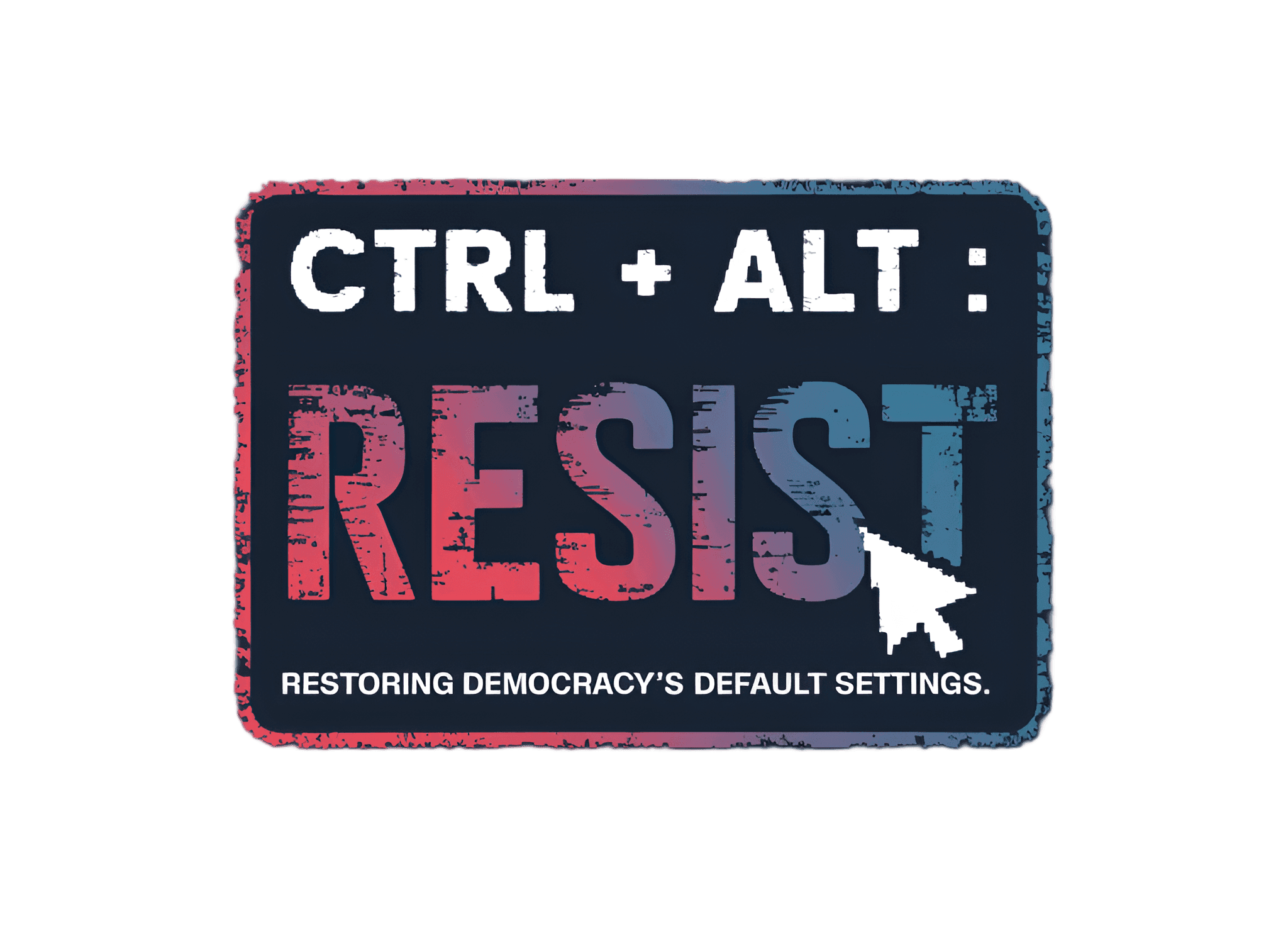
Classified Yemen Airstrike Details Exposed in “Unconscionable” Group Chat
Jump to:
Washington erupted in rare bipartisan fury Monday following revelations that top Trump administration officials had inadvertently included a journalist in highly sensitive communications regarding U.S. military operations. The security breach has rapidly escalated into a full-blown crisis, with lawmakers demanding immediate accountability and raising profound questions about information security practices within the administration.
The Breach: What Happened
Jeffrey Goldberg, editor-in-chief of The Atlantic, disclosed that he had been mistakenly added to a Signal messaging thread containing classified discussions about planned U.S. airstrikes in Yemen. The conversation reportedly included Defense Secretary Pete Hegseth, National Security Adviser Michael Waltz, and Vice President J.D. Vance—three of the administration’s most senior national security figures.
“I was stunned to suddenly receive notifications containing what appeared to be operational details about pending military action,” Goldberg stated in his report. “It quickly became apparent that I had been inadvertently included in what should have been a secure, classified conversation among top administration officials.”

National Security Council Spokesman Brian Hughes confirmed the authenticity of the leak, stating, “The message thread that was reported appears to be authentic, and we are reviewing how an inadvertent number was added to the chain.” Hughes attempted to downplay the severity, claiming the leak demonstrated “deep and thoughtful policy coordination” and insisted there was no threat to national security.
Congressional Outrage Crosses Party Lines
The revelation has triggered unprecedented condemnation from both Republican and Democratic lawmakers, many of whom have served in military or intelligence roles themselves.
Rep. Chris Deluzio (D-Pa.), a member of the House Armed Services Committee with a background in cybersecurity, did not mince words: “This is an outrageous national security breach and heads should roll. We need an immediate investigation and congressional hearing to hold those responsible accountable.”
His sentiments were echoed by Rep. Sara Jacobs (D-Calif.), who declared, “We can’t chalk this up to a simple mistake—people should be fired for this,” adding that the incident reveals a pattern of “reckless disregard for proper protocols.”
Particularly notable was the sharp criticism from Republican lawmakers, including Rep. Don Bacon (R-Neb.), a former Air Force brigadier general. “The unconscionable action was sending this info over non-secure networks,” Bacon stated. “Russia and China are surely monitoring this unclassified phone.” His remarks underscore widespread concerns about potential intelligence vulnerabilities created by the administration’s communications practices.
Historical Context: A Pattern of Security Concerns
The current breach follows a troubling history of information security issues within Trump administrations. During his first term, President Trump faced criticism for discussing classified matters in public settings at his Mar-a-Lago resort and for reportedly sharing sensitive intelligence with Russian officials in the Oval Office.
Intelligence community veterans have noted that this latest incident reflects a concerning pattern. “What makes this particularly alarming is that it involves officials who should know better—career military officers and intelligence professionals who understand the stakes of operational security,” explained former NSA Director Admiral Michael Rogers.
This context has amplified concerns that the breach may reflect systemic problems rather than an isolated incident. Sen. Mark Warner (D-Va.), the top Democrat on the Senate Intelligence Committee, accused the administration of “playing fast and loose with our nation’s most classified info,” warning such actions put all Americans at greater risk.
Legal and Protocol Violations
National security experts have identified multiple potential violations in the incident. First, classified operational details should never be discussed on commercial messaging platforms, even those with encryption like Signal. Federal law requires that classified information be transmitted only through approved government channels with appropriate security measures.
“The use of Signal for these discussions represents a fundamental breach of classification protocols,” explained Elizabeth Goitein, co-director of the Liberty and National Security Program at the Brennan Center for Justice. “Even if the application offers end-to-end encryption, it’s not certified for classified communications, particularly those involving military operations.”
Additionally, the incident raises questions about verification procedures for adding participants to sensitive discussions. Standard protocol requires positive confirmation of all participants’ identities and authorization levels before classified information is shared.
Potential Implications for U.S. Operations
Beyond the immediate political fallout, security analysts warn of potential strategic consequences. The disclosed information about planned operations in Yemen could compromise operational security, potentially endangering military personnel and reducing mission effectiveness.
“When operational details are compromised, even inadvertently, it creates ripple effects across the entire mission landscape,” noted retired General David Petraeus, former CIA Director. “Targets may be alerted, tactics may need to be changed, and most importantly, personnel safety may be compromised.”
The breach also risks damaging relationships with regional allies who share intelligence with the United States under strict confidentiality agreements. “Our partners need absolute confidence that sensitive information shared with the U.S. will remain secure,” explained former Deputy Secretary of State William Burns. “Incidents like this can erode that trust in ways that take years to rebuild.”
Calls for Reform and Accountability
As the administration launches an internal review, congressional leaders are pushing for more robust oversight and accountability measures. Multiple committees are preparing to convene hearings, with several representatives calling for the officials involved to testify under oath.
Rep. Adam Schiff (D-Calif.), who previously chaired the House Intelligence Committee, has called for “substantial reforms” to how classified information is handled within the executive branch. “This isn’t just about disciplining individuals—though that must happen—it’s about ensuring systemic changes that prevent such breaches in the future,” Schiff stated.
Security experts are recommending specific measures, including mandatory training refreshers for senior officials, stricter enforcement of communications protocols, and random security audits to ensure compliance.
The Path Forward
As Washington grapples with the fallout, the incident has sparked broader discussions about the challenges of maintaining operational security in an increasingly digital age. The tension between convenience and security remains a persistent challenge, particularly for high-ranking officials who must make time-sensitive decisions across multiple domains.
“This should serve as a wake-up call,” noted Susan Hennessey, former attorney at the National Security Agency. “The pressure to communicate quickly and efficiently can never supersede the fundamental obligation to protect classified information. These are not mutually exclusive goals, but they require rigorous discipline and adherence to established protocols.”
With congressional hearings expected in the coming weeks, the administration faces mounting pressure to demonstrate meaningful accountability and reform. For now, the incident stands as a stark reminder of the high stakes involved in protecting national security information—and the severe consequences when those protections fail.
What are your thoughts on this issue? Join the conversation below.



